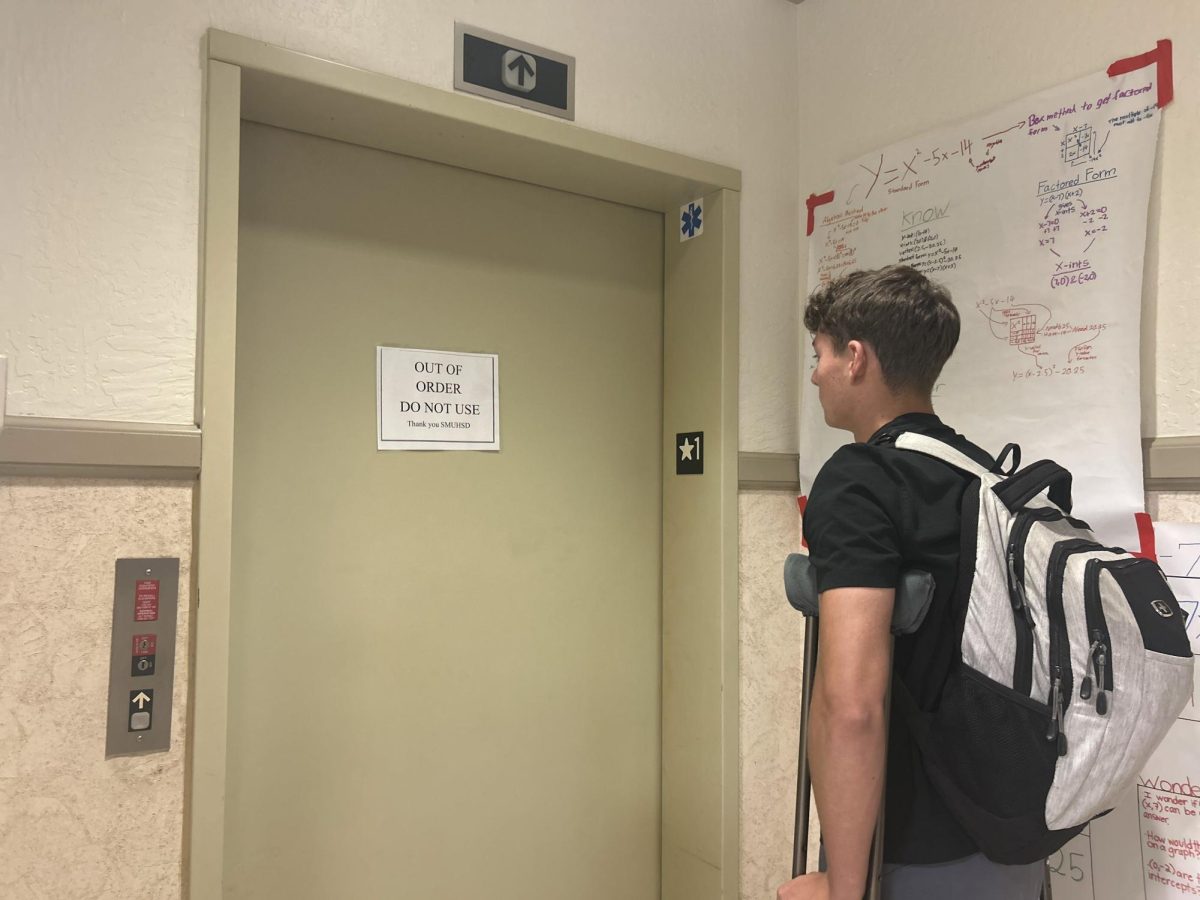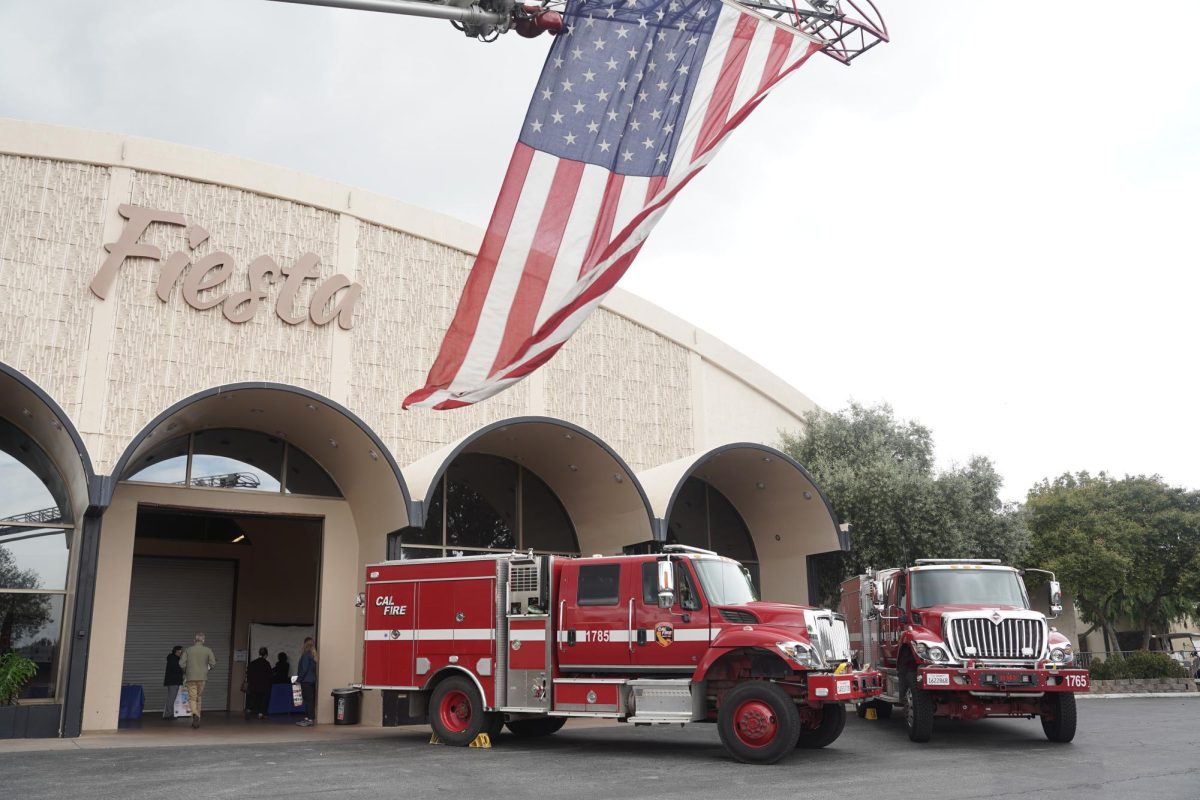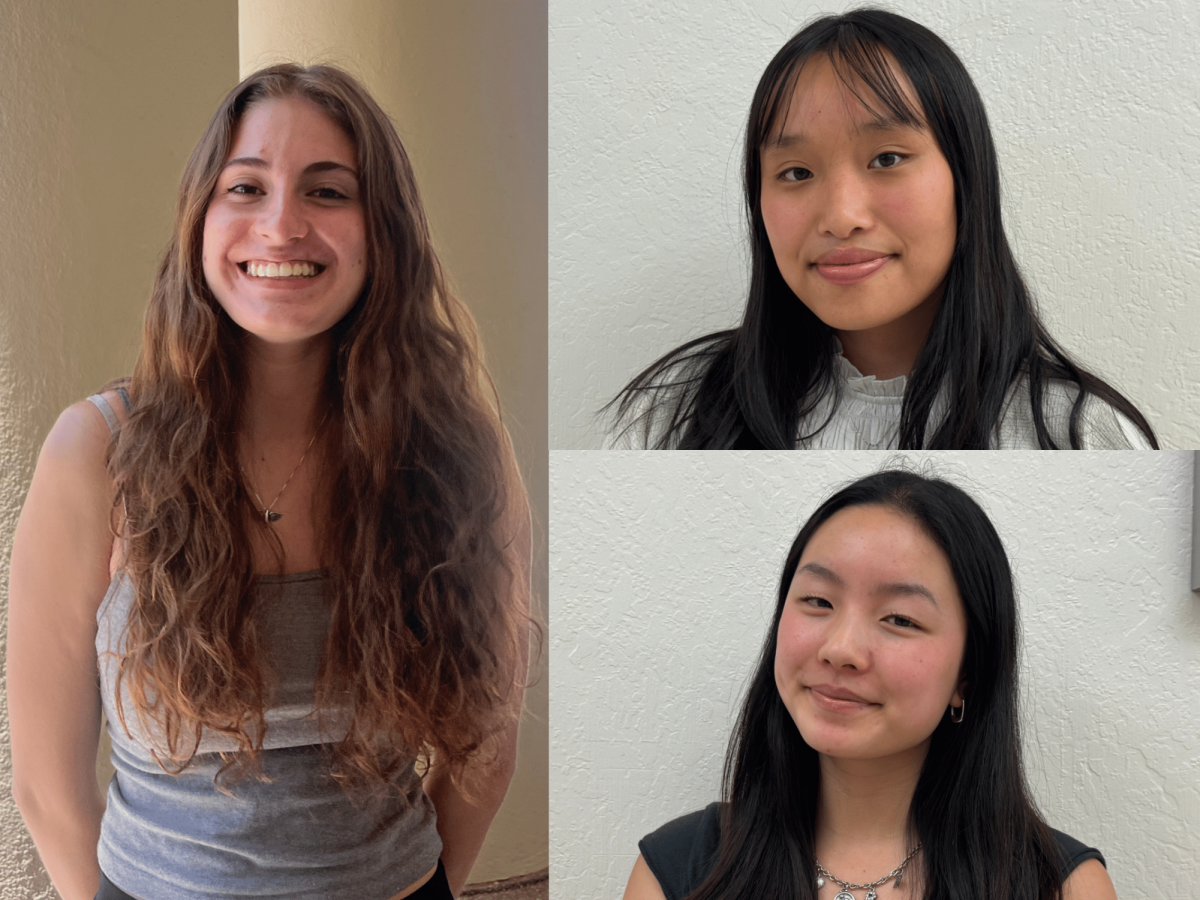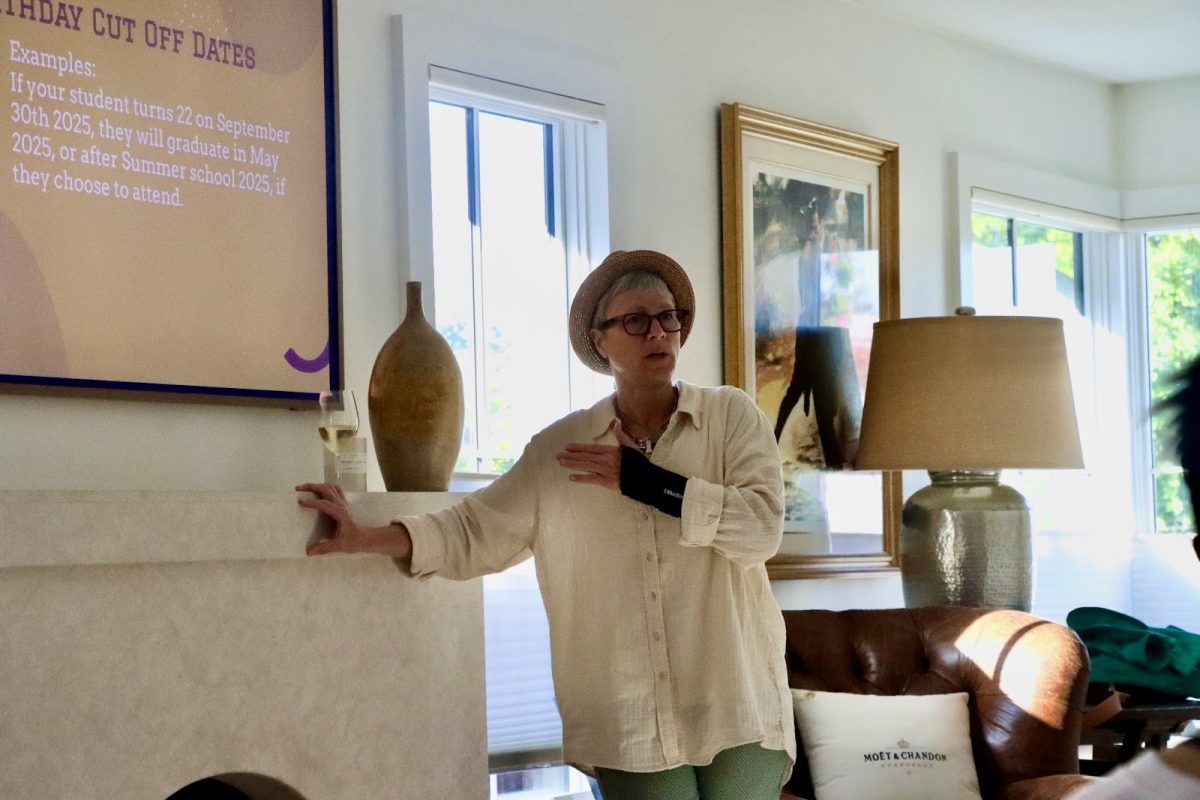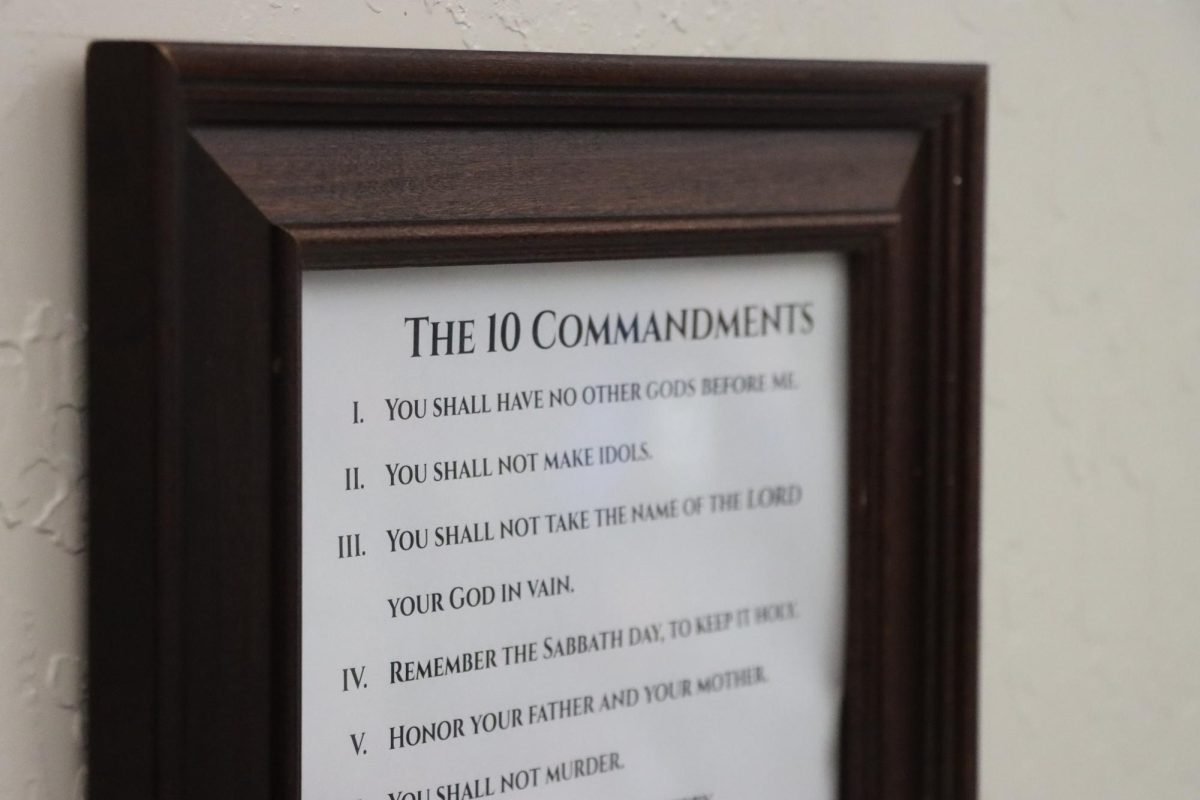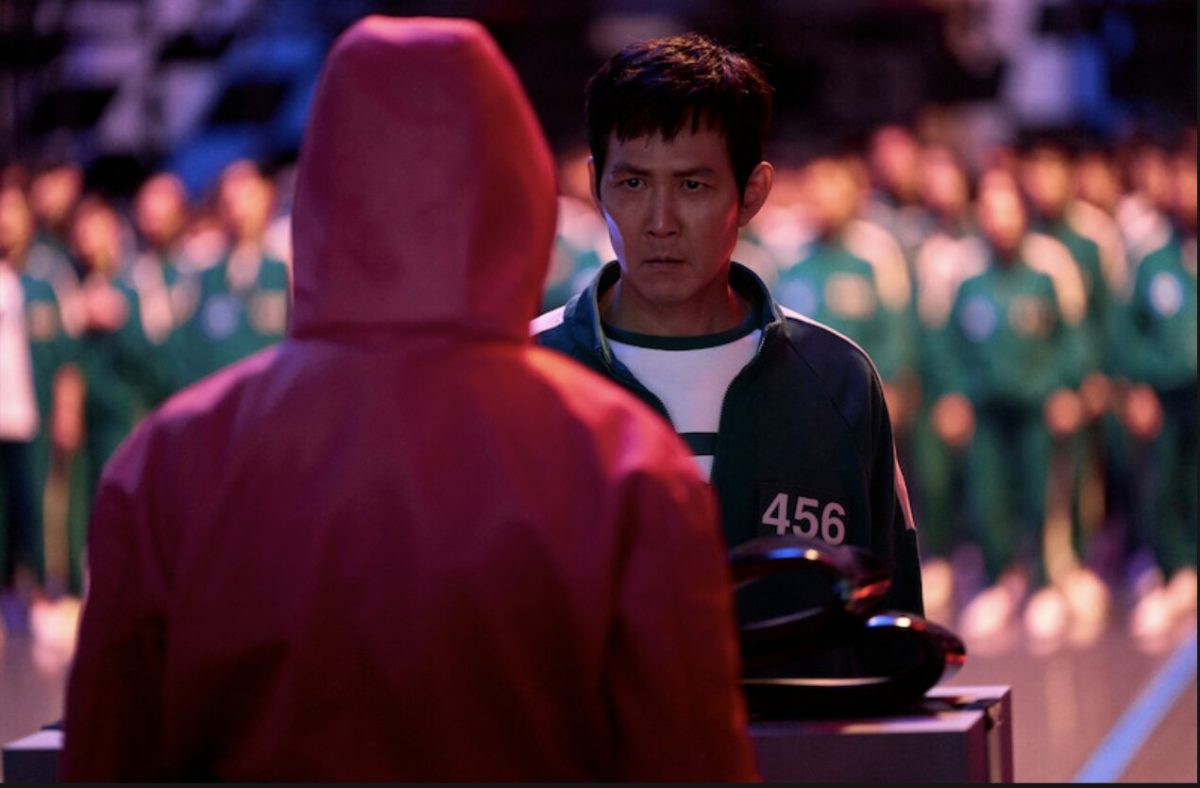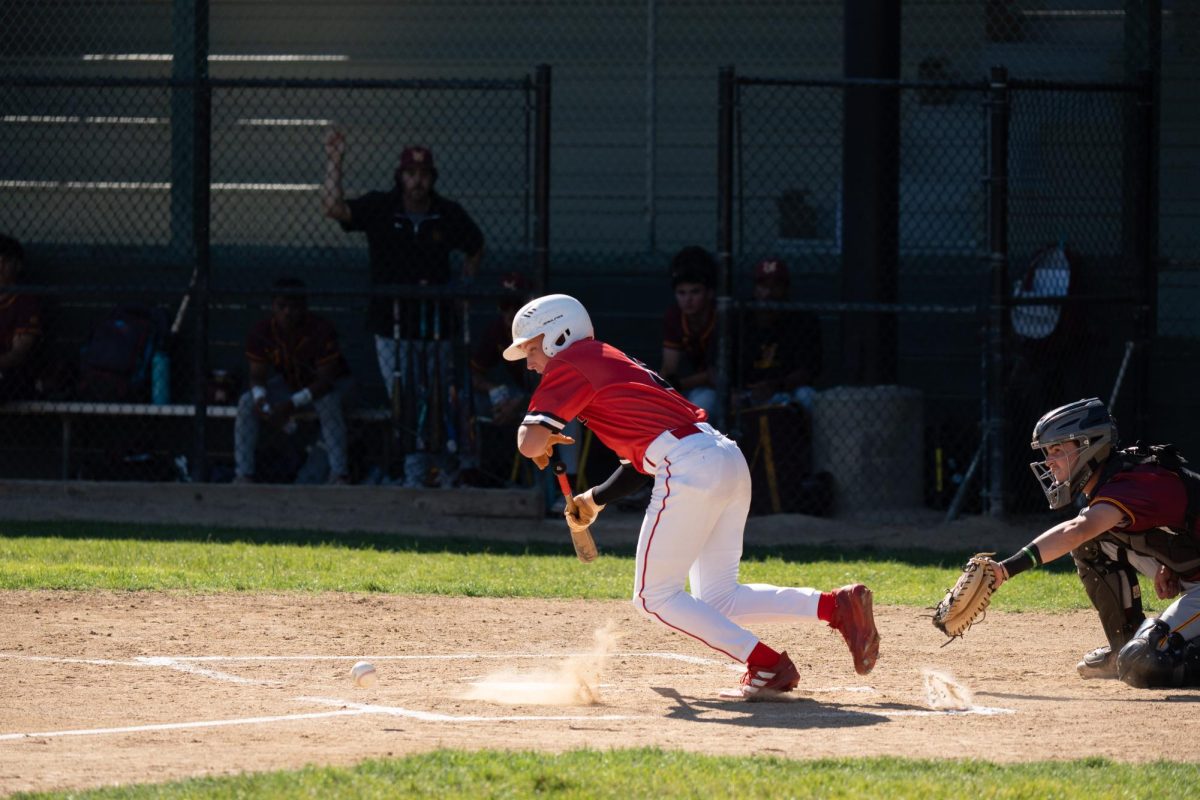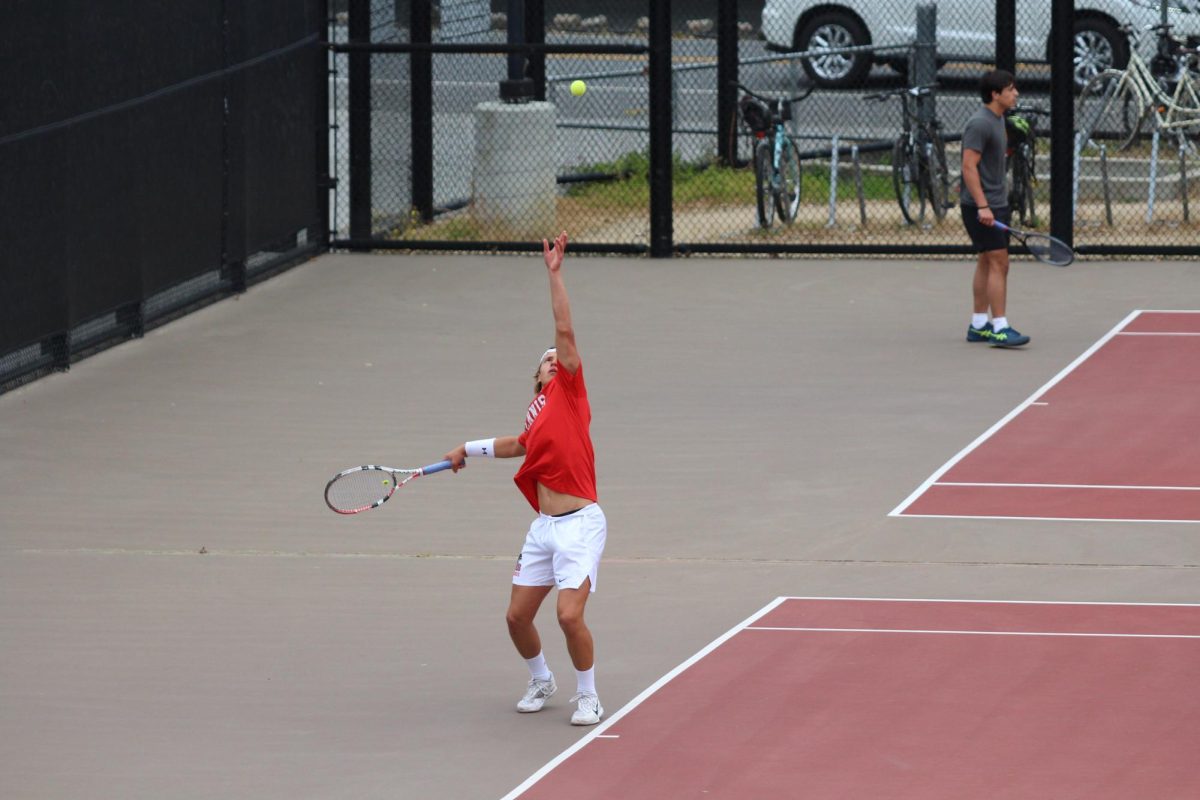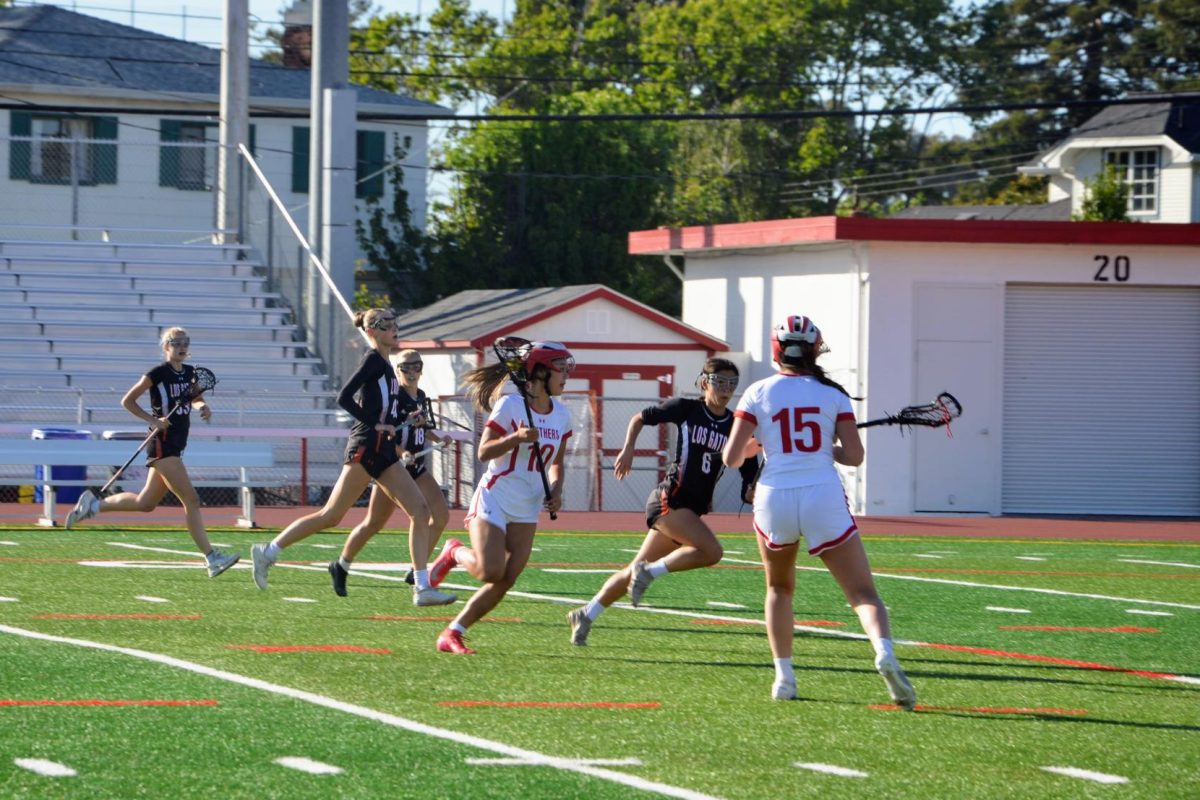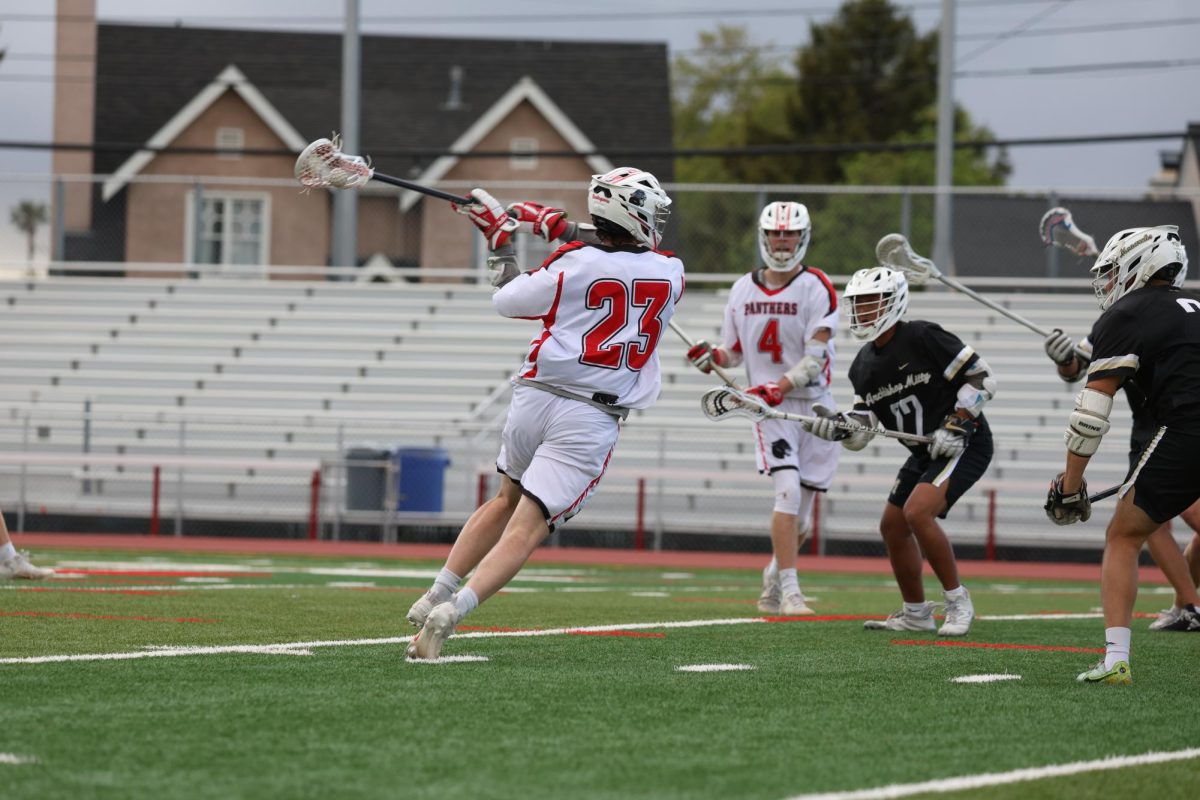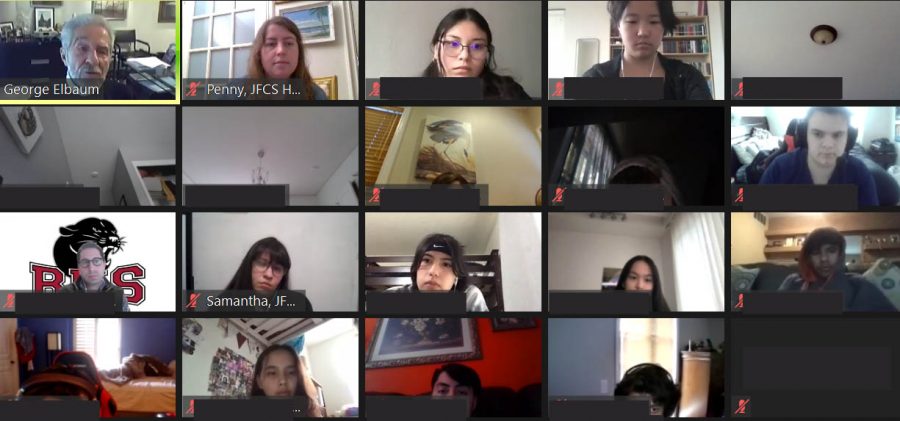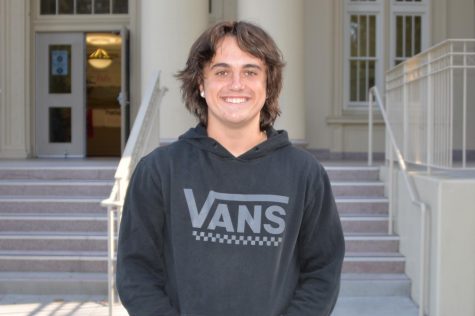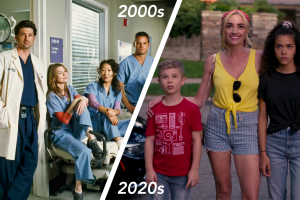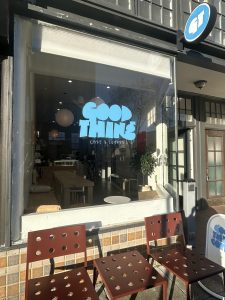Holocaust survivors share powerful life stories with sophomores
Photo courtesy of George Elbaum’s website neitheryesterdays.com
Due to the pandemic, the speakers gave their presentations over Zoom, rather than their usual in-person presentations.
March 1, 2021
During the week of February 8, Burlingame High School sophomores in modern world history classes had the opportunity to listen to Holocaust survivors tell their stories, courtesy of the Jewish Children and Family Services (JCFS) Holocaust Center in San Francisco.
The speakers, George Elbaum and Leon Rajninger, each spoke to three classes to make sure all students were able to hear their powerful stories.
Elbaum was born in Warsaw, Poland in 1938. In 1941, the Nazis forced him and his family to move into the ghettos of the city. Elbaum’s mother smuggled __ out of the ghetto when he was still a young boy. Following years of hiding from the Nazis, they moved to North Carolina in 1949. Elbaum would go on to attend the Massachusetts Institute of Technology, where he earned four degrees, including a P.h.D. in nuclear engineering.
Despite growing up in horrible conditions, Elbaum spoke optimistically — a trait that he is aware of and attributes to the way his mother raised him.
“It was so heartwarming that even through awful times [Elbaum’s] mother was still able to lift his spirits and give him the best childhood she could,” sophomore Chiara La Mark said.
Rajninger was born in Chernivtsi, Ukraine — formerly Romania — in 1931. He described many close encounters with the Nazis in his youth that could have ended his life. In 1942, facing almost certain death, his mother decided their best chance of survival was to ask German soldiers to transport them to a ghetto. Remarkably, her request was accepted, and they were moved to the Djurin ghetto in Ukraine. In 1951, after the war was over, Rajninger and his family immigrated to the U.S., where they settled in San Francisco.
In 2000, inspired by the misinformation of Holocaust denier David Irving, Rajninger decided to publish a book about his childhood experiences and started speaking to high school students about his time in the Holocaust.
“[Rajninger’s speech] gave me a new perspective on how horrible the Holocaust was for people at the time,” sophomore Marco Rice said.
The decision to have speakers talk to students comes in the wake of a string of racist incidents at Burlingame, most notably when campus walls were tagged with anti-Semitic and homophobic graffiti in September of 2019. Last year, the San Mateo County Civil Grand Jury released a report stating that the school needed to do more to address hate speech among their students.
“It is our responsibility that we educate as many people as we can to look for the signs and patterns of hatred,” modern world history teacher Annie Miller said.
Both George Elbaum’s book “Neither Yesterdays Nor Tomorrows” and Leon Rajninger’s book “Black Days and Nights” are available for purchase on Amazon, and those interested in learning more about the Holocaust can visit the JCFS Holocaust Center’s website www.holocaustcenter.jfcs.org.



